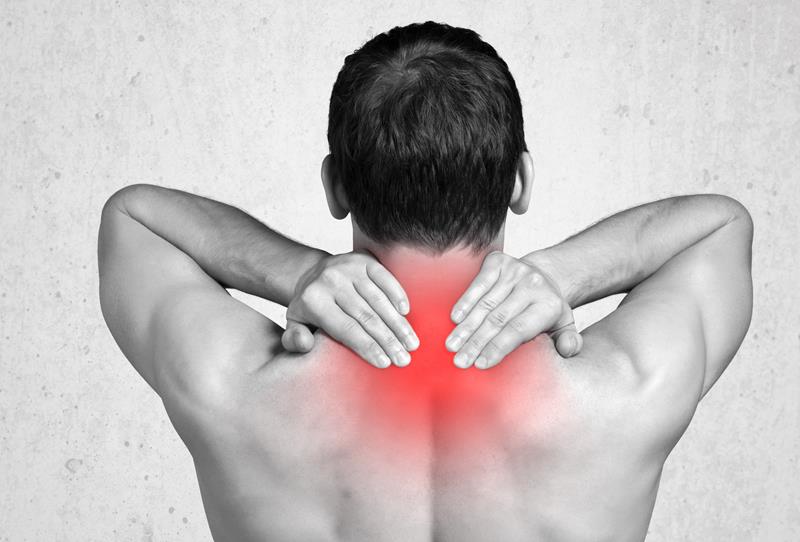
Cervical discs absorb shock between the bones. The bones, ligaments, and muscles of the neck support your head and allow for motion. Any abnormalities, inflammation, or injury can cause neck pain or stiffness.
The brain stem descends down to the level of C3, so when there is dysfunction in the upper cervical spine, it can have an effect on balance and/or cognitive function.
Request an AppointmentSymptoms of Neck Pain
Common symptoms of neck pain include stiffness, sharp pain, general soreness, and pain that radiates down the arms and shoulders. Some patients may also experience numbness or tingling, muscle spasms, and headaches. In severe cases, neck pain can lead to difficulty in mobility and performing daily tasks.
Common Causes of Neck Pain Include:
- Muscle Strains: Overuse or poor posture, such as hunching over a computer, can cause muscle strains.
- Worn Joints: Just like other joints in your body, neck joints tend to wear down with age, which can lead to osteoarthritis.
- Nerve Compression: Herniated discs or bone spurs in the vertebrae of your neck can press on the nerves branching out from the spinal cord.
- Injuries: Rear-end auto collisions often result in whiplash injury, a neck injury due to sudden, forceful back-and-forth movement of the neck.
